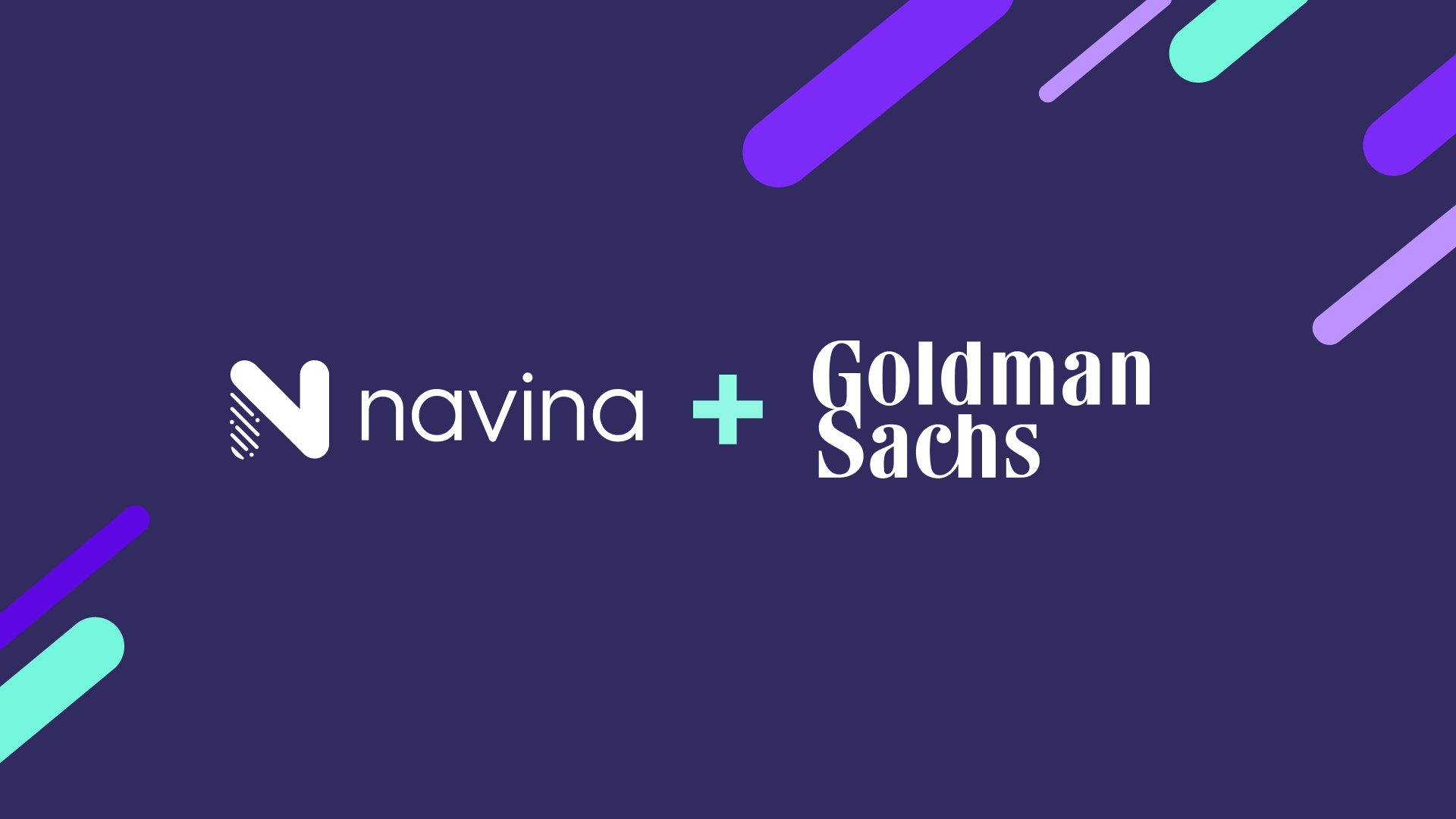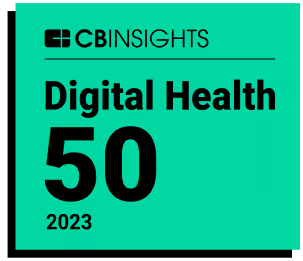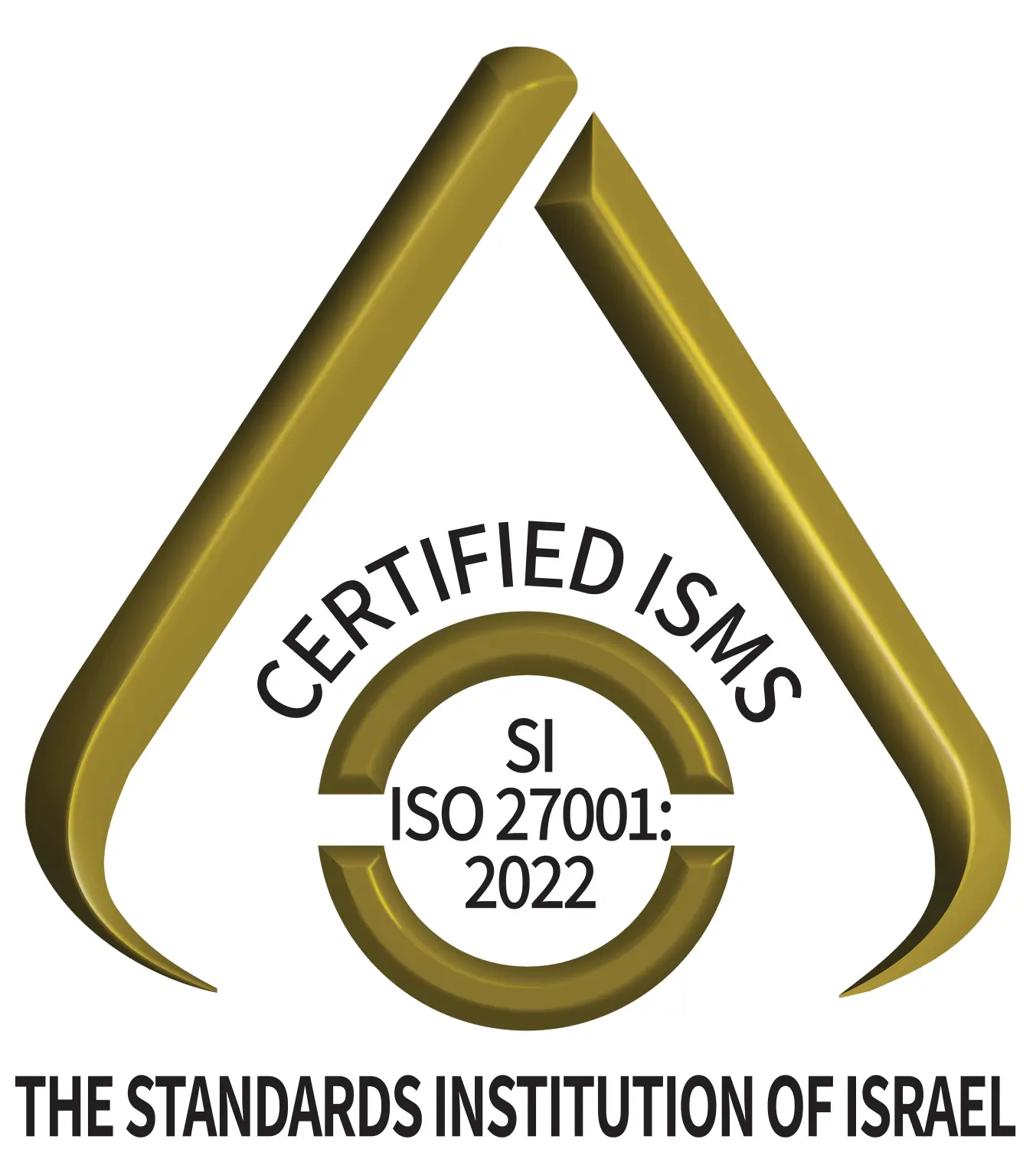Originally published in MedTech Intelligence.
Any primary care physician will tell you that the data challenge is real. If you believe the hype, access to more patient data than ever before means that today’s clinicians have a full view of their patients’ health at their fingertips. But the reality often resembles searching for needles in a giant haystack of irrelevant information.
To complicate things further, much patient data is scattered across scanned documents, free-form notes and other unstructured sources. Identifying the relevant data points and piecing them together is a forensic effort that demands time and expertise.
But physicians have enough on their plate already. Their burnout rates are breaking records, with administrative factors such as requirements from payers playing an important role. Now they are expected to manually comb through patient data from electronic health records (EHRs), health information exchange networks (HIEs), wearable devices and many other disparate sources.
Enter Artificial Intelligence (AI). At least in theory, the latest AI tools can deploy machine learning and natural language processing (NLP) algorithms to navigate and process copious amounts of patient data, synthesize information, identify crucial patterns and present a comprehensive view of a patient’s health.
Here too, the hype can be misleading. While cutting-edge AI holds tremendous potential to revolutionize healthcare, it is not the panacea that will instantly solve the challenges facing physicians. Unique disciplines such as primary care come with their own complexities for AI solutions. And above all, clinicians’ unique responsibilities towards their patients’ health and well-being impose special demands on AI solutions in the healthcare domain, namely the need to ensure clinicians’ trust.
Given these limitations, how can we create AI solutions that will tackle the challenges clinicians face, and empower them to deliver the best care that they can?
From Data to Insight
The challenge of making sense of large amounts of fragmented, chaotic data so that physicians can spend less time combing through records and more time with their patients is one that I wake up to in the morning and go to bed with at night.
If we want to help physicians scale the Mount Everest of primary care data—or better yet, shrink it into something far more manageable—we must first understand what that entails. It isn’t just a matter of taking general large language models (LLMs) and letting them loose on primary care records. Those models are great at generating text. However, providing insights and supporting clinical decisions based on up-to-date data requires entirely different models. Even AI models trained on general medical literature will have difficulty making sense of the nuances specific to primary care, which is full of unique jargon, abbreviations and other idiosyncrasies. As always, the proverbial devil is in the details. Any AI solution worth its salt must be fluent in the specific idioms of the field.
Tackling primary care documentation also requires dealing with a set of phenomena that many people find surprising. Here are some of our findings after years of developing AI that can help clinicians make sense of primary care documents:
- 30% of documents are not relevant to the provider for the clinical encounter
- 60% of documents come with improper identification (e.g. mistitled, disorganized)
- 25% of documents have wrong or no dates
Read the rest of the article in MedTech Intelligence.






.png)















